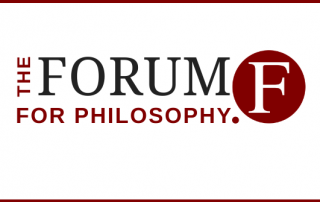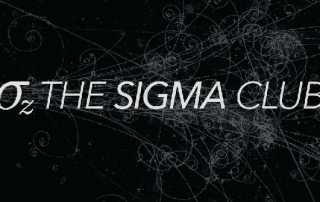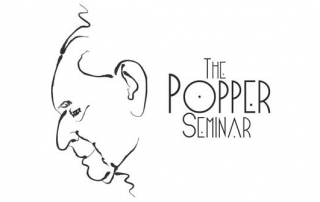Misinformation (Forum for Philosophy)
Misinformation
Information may be power, but misinformation appears to be usurping the throne. From COVID-19 to QAnon, misinformation is more ubiquitous and more dangerous than ever. But why is it so much more attractive to so many? Are there factors that make misinformation more (or less) likely to be believed? What draws people into the world of conspiracy […]






Connect with us
Facebook
Twitter
Youtube
Flickr